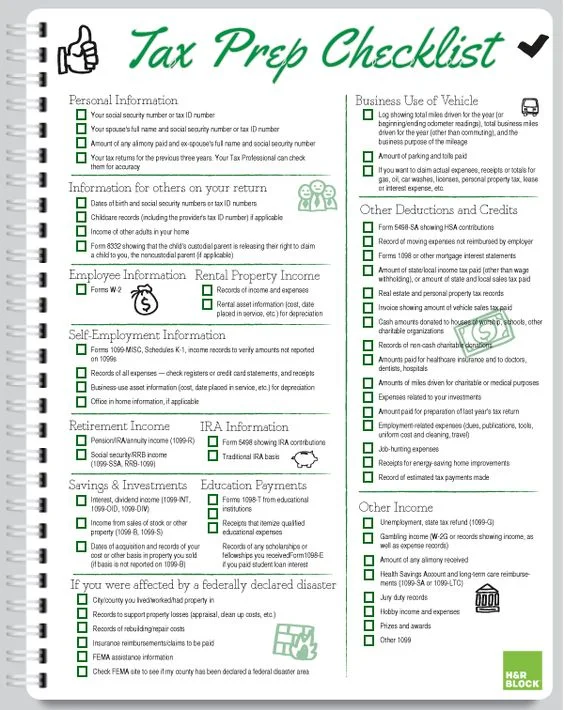Posted in Accounting, Management Accounting
on Feb 14th, 2014 | 0 comments
Scope of Management Accounting
Since it is mainly associated with presenting reliable and sound information to the management, its scope is really wide and this includes varied accounting techniques and financial procedures.

The scope or field of management accounting is very wide and it includes a variety of aspects of business operations. The main aim of management accounting is to assist management in its functions of planning, directing, controlling and areas of specialization included within the admit of management accounting.
Following is a list indicating the scope of management accounting:
- Financial Accounting: Management accounting is mainly concerned with the rearrangement of the information provided by financial accounting. Hence, management cannot obtain full control and coordination of operations without a properly designed financial accounting system.
- Cost Accounting: Standard costing, marginal costing, opportunity cost analysis, differential costing and other cost techniques play a useful role in operation and control of the business undertaking.
- Revaluation Accounting: This is concerned with ensuring that capital is maintained intact in real terms and profit is calculated with this fact in mind.
- Budgetary Control: This includes framing of budgets, comparison of actual performance with the budgeted performance, computation of variances, finding of their causes, etc.
- Inventory Control: It includes control over inventory from the time it is acquired till its final disposal.
- Statistical Methods: Graphs, charts, pictorial presentation, index numbers and other statistical methods make the information more impressive and intelligible.
- Interim Reporting: This includes preparation of monthly, quarterly, half-yearly income statements and the related reports, cash flow and funds flow statements, scrap reports, etc.
- Taxation: This includes computation of income in accordance with the tax laws, filing of returns and making tax payments.
- Office Services: This includes maintenance of proper data processing and other office management services, reporting on best use of mechanical and electronic devices.
- Internal Audit: Development of a suitable internal audit system for internal control.